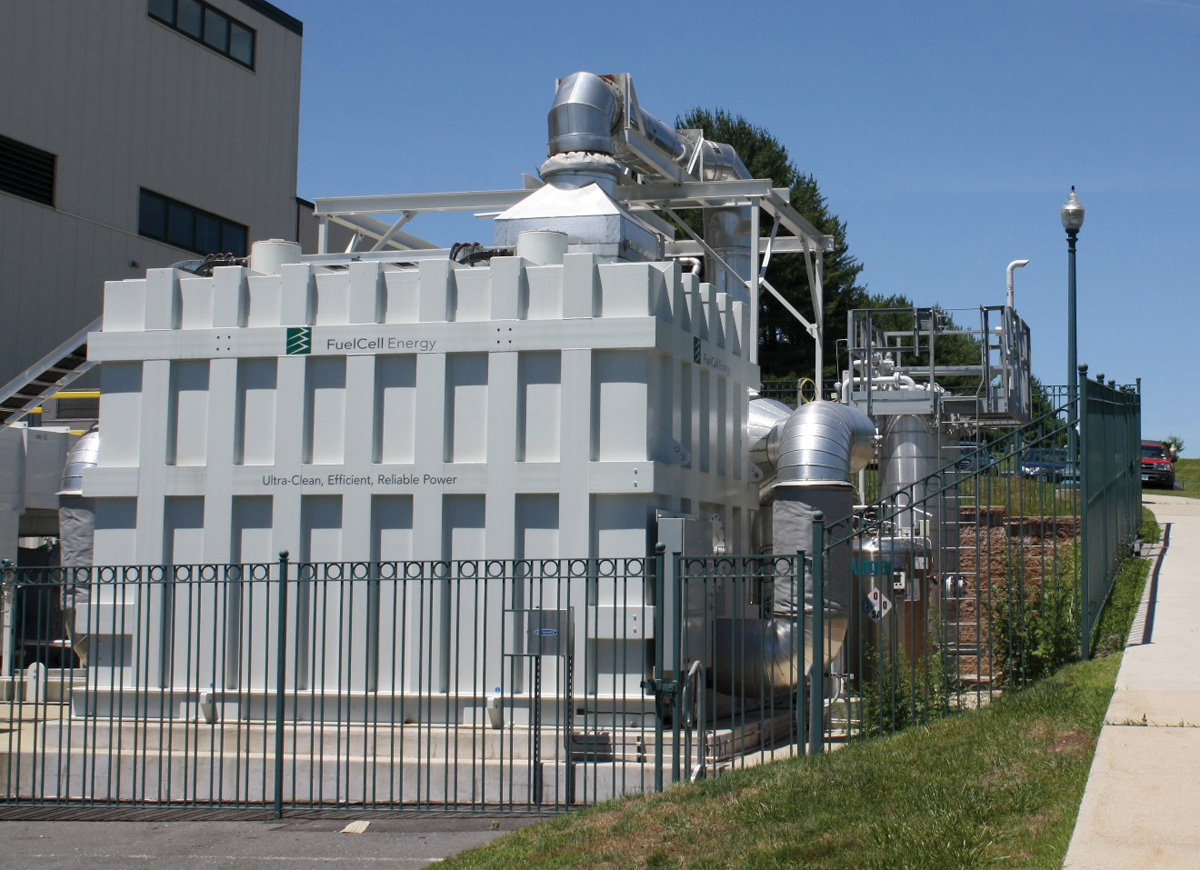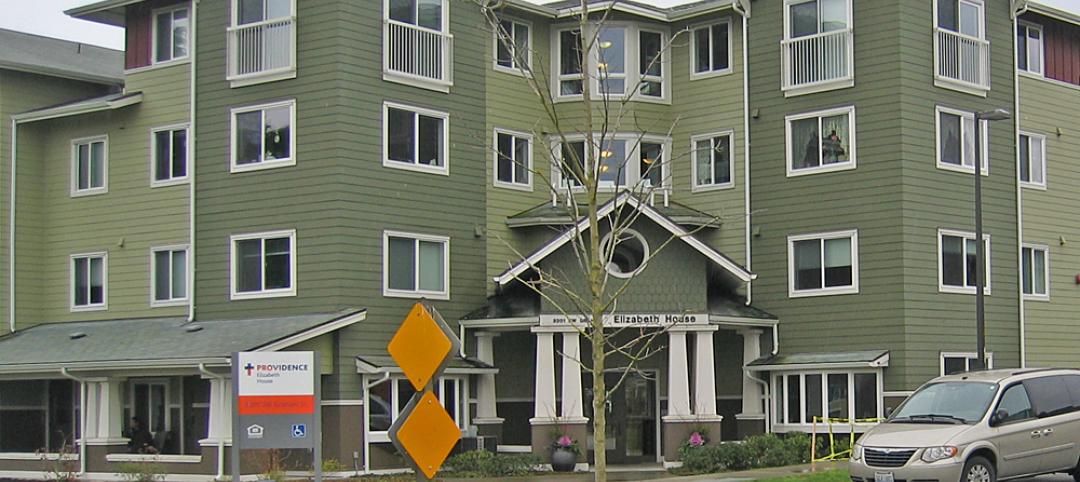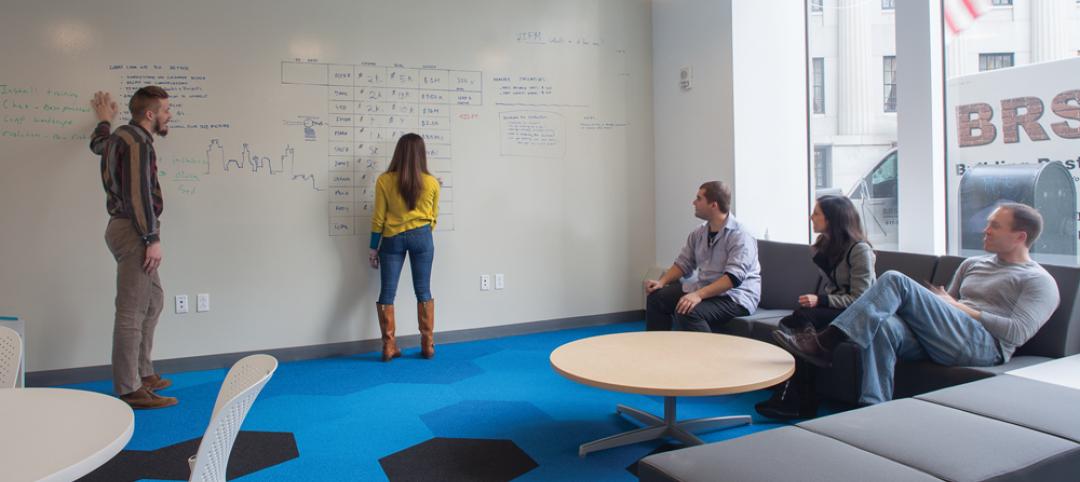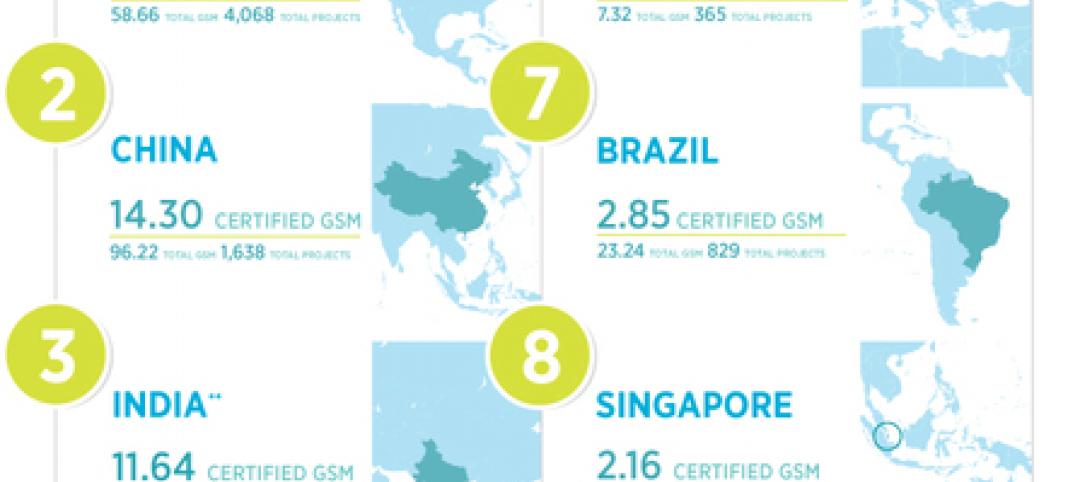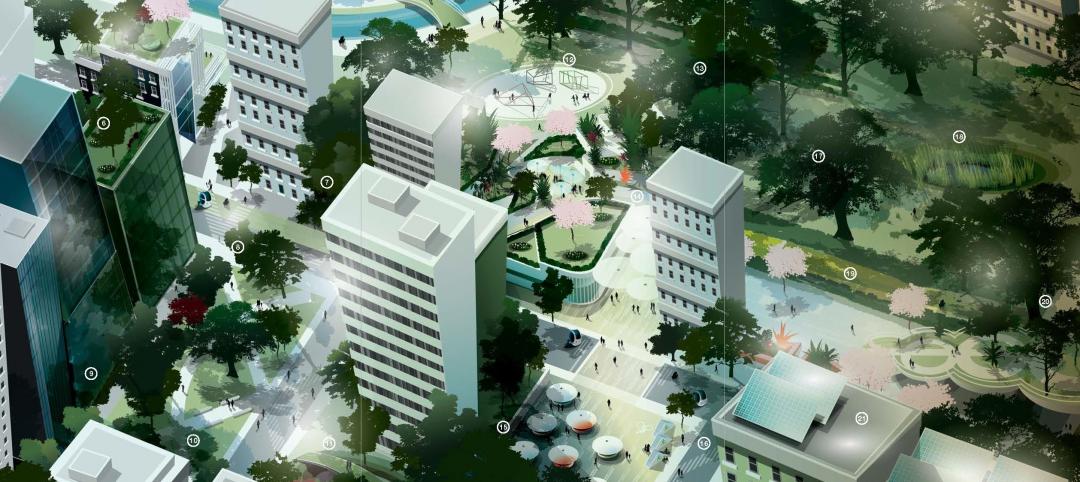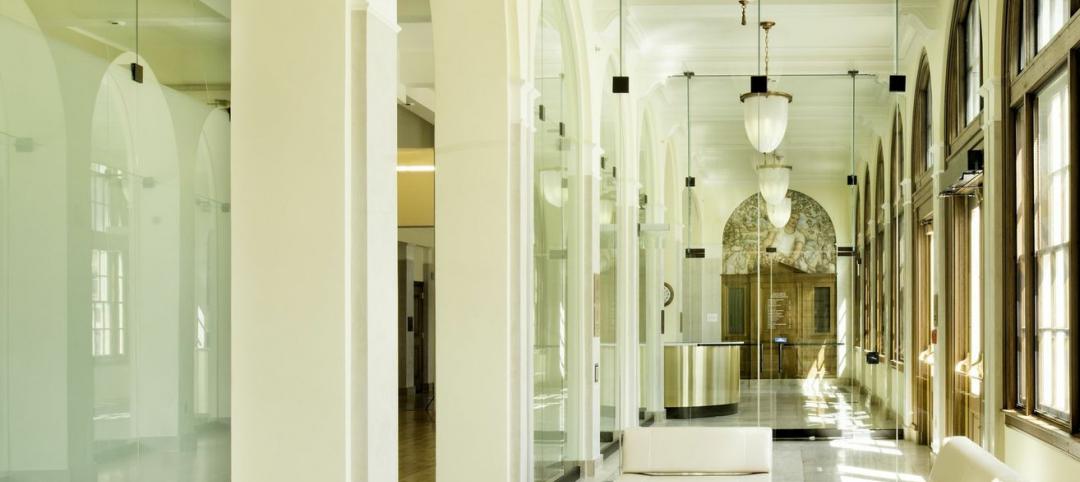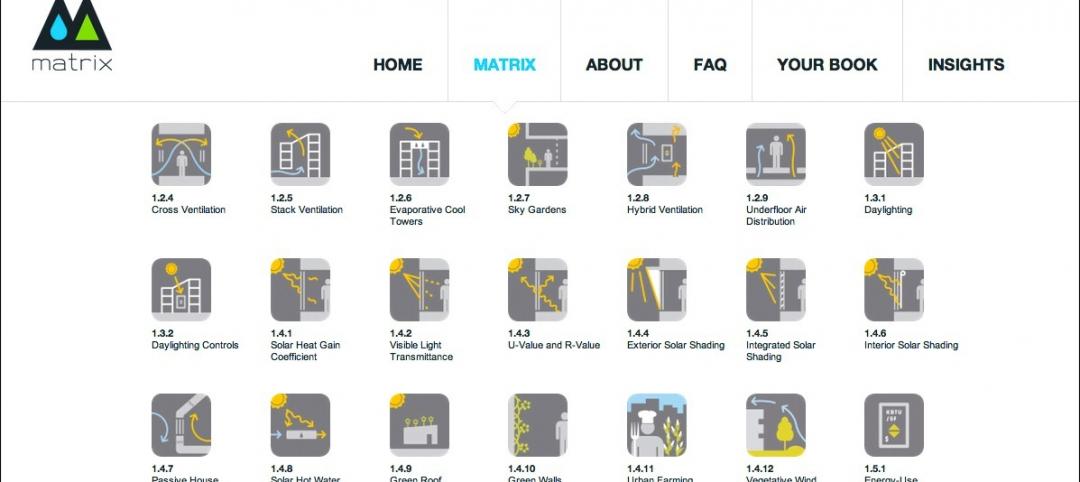Fuel cells have emerged as a small but potentially significant piece of the world’s energy puzzle. The U.S. Department of Energy estimated worldwide fuel cell system sales in 2013 at $1.3 billion, the first time the billion-dollar mark had been topped. Stationary power systems with an aggregate capacity of 150 MW were shipped in 2013, a 24% increase over the previous year.
Selling fuel cell power generation remains a tough business. One leading provider-installer-operator, FuelCell Energy Inc. (www.fuelcellenergy.com), stated in its 2014 annual report that its two biggest challenges to growth are reducing the total cost of fuel cells and getting major energy consumers to see the value that fuel-cell technology offers. The company reported net losses in each of its last five fiscal years.
FuelCell Energy is no Johnny-come-lately to this technology. Founded in 1969, the company has installed more than 100 plants operating at more than 50 sites in nine countries. A year ago, it entered into an agreement to install a 1.4-MW fuel cell plant that will provide about 30% of the power needs for the University of California Irvine Medical Center. Because that power will be generated without combustion, its exhaust will be virtually pollution free.
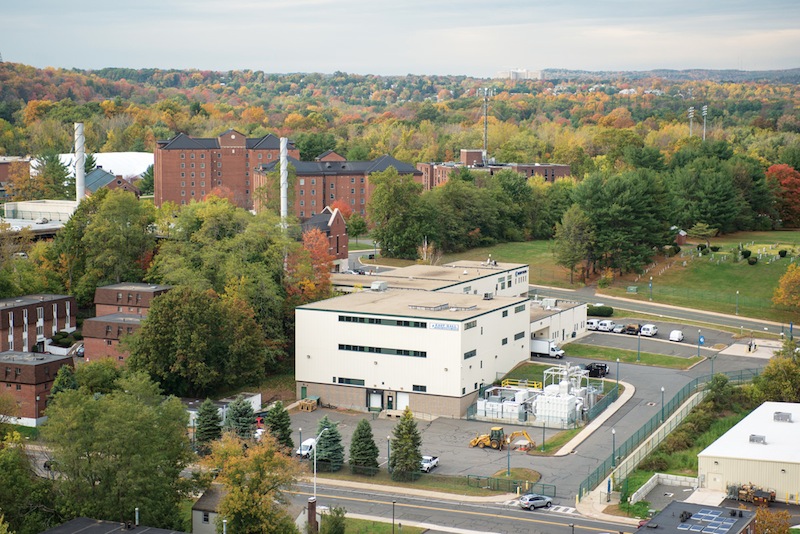 The fuel cell contributes to the site’s energy security, resiliency, and sustainability. Photo courtesy FuelCell Energy
The fuel cell contributes to the site’s energy security, resiliency, and sustainability. Photo courtesy FuelCell Energy
Last November, Microsoft dedicated its $7.6 million zero-carbon data center in Cheyenne, Wyo. The facility draws power from a stationary fuel cell plant that converts biogas from a nearby municipal wastewater treatment facility into electricity. Microsoft, FuelCell Energy, and Siemens engineered and installed the power monitoring equipment for the data center.
Eighteen months ago, FuelCell Energy installed one of its 1.4-MW DFC1500 fuel cell power plants at Central Connecticut State University, in New Britain. The plant’s owner, Greenwood Energy, sells electricity and heat to CCSU under a long-term power purchase agreement. This is Greenwood’s first energy project with FuelCell Energy.
The plant integrates directly into the college’s existing energy infrastructure in a combined heat and power configuration. Rob Gagne, CCSU’s Plant Facilities Manager, says that the heat from the fuel cell plant produces 1,600–2,000 pounds of steam per hour. The steam is circulated across the 165-acre campus through a tunnel network and is used for heating and absorption cooling.
The plant provides about one-third of the 3,500–4,000 kw the university’s 40 buildings consume and cuts its annual electric power costs by $100,000.
Related Stories
| May 16, 2014
BoA, USGBC to offer $25,000 grants for green affordable housing projects
The Affordable Green Neighborhoods Grant Program will offer 14 grants to developers of affordable housing in North America who are committed to building sustainable communities through the LEED for Neighborhood Development program.
| May 15, 2014
Paints, coatings, and sealants: 10 new ways to seal the deal
Color-shifting finishes, dry-erase surfaces, and stain-blocking paints are highlighted in this round up of new offerings in paints, coatings, sealants, and finishes.
| May 13, 2014
Drexel University case study report: Green Globes cheaper, faster than LEED
GBI’s Green Globes certification process is significantly less expensive to conduct and faster to complete than LEED certification, says Drexel prof.
| May 12, 2014
10 highest-rated green hotels in the U.S.
The ARIA Sky Suites in Las Vegas and the Lenox Hotel in Boston are among the 10 most popular hotels (according to user reviews) to also achieve Platinum status in TripAdvisor's GreenLeaders program.
| May 2, 2014
Top 10 countries for LEED buildings outside the U.S.
The list of the top 10 countries for LEED reflects the global adaptability of the world’s most widely used and recognized system guiding the design, construction, operations and maintenance of green buildings.
Smart Buildings | Apr 28, 2014
Cities Alive: Arup report examines latest trends in urban green spaces
From vertical farming to glowing trees (yes, glowing trees), Arup engineers imagine the future of green infrastructure in cities across the world.
| Apr 23, 2014
Mean and Green: Top 10 green building projects for 2014 [slideshow]
The American Institute of Architects' Committee on the Environment has selected the top ten examples of sustainable architecture and ecological design projects that protect and enhance the environment. Projects range from a project for Portland's homeless to public parks to a LEED Platinum campus center.
| Mar 26, 2014
Callison launches sustainable design tool with 84 proven strategies
Hybrid ventilation, nighttime cooling, and fuel cell technology are among the dozens of sustainable design techniques profiled by Callison on its new website, Matrix.Callison.com.
| Mar 21, 2014
Forget wood skyscrapers - Check out these stunning bamboo high-rise concepts [slideshow]
The Singapore Bamboo Skyscraper competition invited design teams to explore the possibilities of using bamboo as the dominant material in a high-rise project for the Singapore skyline.
| Mar 19, 2014
Green Building Initiative Invited to White House Rural Council Event to Support Growth of Green Building, Jobs, and Rural Communities
Green Building Initiative (GBI) Vice President for National Affairs Erin Schaffer is participated in an event at the U.S. Department of Agriculture headquarters on Tuesday, March 18th, designed to highlight the Obama Administration’s commitment to promoting building construction projects that use green materials, while also supporting jobs in rural communities.


